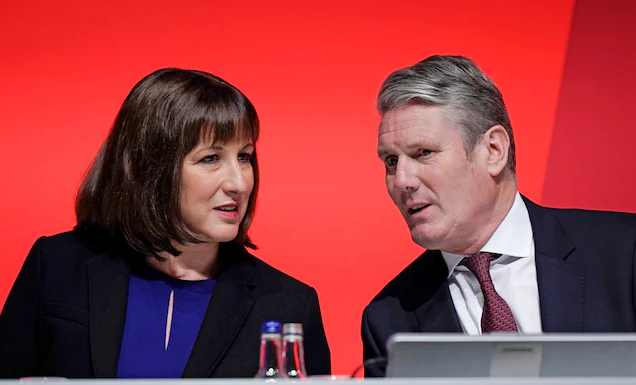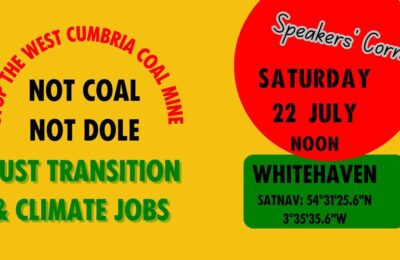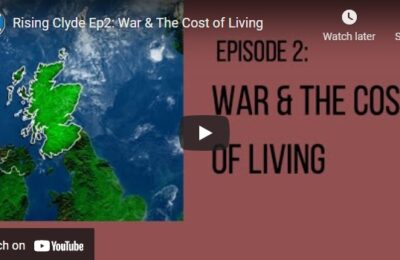From Urban Ramblings, a very topical piece which raises some important questions.

In the week that
- the sky all along the North American Atlantic seaboard turned orange from wildfires in Quebec,
- and the two year drought in Northern Italy was broken by six months worth of rain in 36 hours,
- and on the first day of “Big Green Week”,
Rachel Reeves announced that Labour’s modest plan to bring the UK up to the European average by investing £28 billion a year into green transition would be subject to “fiscal rules” that meant they would have to “ramp up” to get there.
Despite these brave words from Ed Miliband, “Some people don’t want Britain to borrow to invest in the green economy. They want us to back down. But Keir, Rachel and I will never let that happen. Britain needs this £28bn a year plan and that is what we are committed to”; the way that Reeves framed her argument implied that the “ramp” is likely to be be long and shallow, and the chances of getting to then end of it slight.
This poses a number of questions.
- Are we in a climate emergency or not?
- Outside the wilder reaches of the Tory back benches and the cluster of delusionary think tanks clustered around Tufton Street and the Spectator, it is generally agreed that we are; so does this not require emergency measures?
- As the breakdown of the conditions for human civilisation to survive is a greater existential threat than any we face apart from nuclear war, and certainly more overwhelming than the Second World War: do you think anyone in 1940 would have said, “we are committed to fighting the Nazis, but we have to be fiscally responsible about it and make sure the books are balanced as we do it?”
- Given that a failure to invest on this scale will mean that the UK will be unable to match levels of subsidy and support going in from the EU and the USA, does this not imply a collapse in any prospect of “investing in the industries of the future” and therefore the prospect that, as the industries of the past are outmoded and superseded, the UK becomes a deindustrialised backwater – as the private sector investment you want to attract is drawn elsewhere?
- As you have previously calculated that £6 billion a year will be needed to meet your pledge on insulating homes, is this an irreducible bottom line, or are you also abandoning your pledge to cut energy bills for everyone “for good”?
- As unnamed Shadow Ministers have been quoted in the press arguing that some investment in, for example, housing and transport will be needed that are not part of “the net zero agenda”, how will you make sure that any investment that could contribute to net zero does; as any investment that is not part of the solution is part of the problem?*
- If your plan is to “ramp up”, at what point will you start, with how much investment in what projects; and how do you calibrate the return on the investment?
- If your problem is a lack of government income, why are you not planning to tax the energy producing companies on every penny of their windfall profits, which would pay for the £28 billion a year several times over?
- If these fiscal rules are sacrosanct, will they also apply to military spending and, when there is a choice between military escalation and saving our society, which will take precedence?
*An example that links the two is what kind of housing development Labour will push. There is a world of difference between
- the current paradigm of cookie cutter, ticky-tacky houses with poor insulation, with the maximum number of units squeezed in so developers can get the biggest possible profits, built in the green belt in car dependent “amazon deserts” (like an American suburb but meaner)
- and 15 minute neighbourhoods built as communities with all necessary facilities within walking distance, good public transport links to larger centres; and made up of homes built at zero carbon standard with very low energy use and bills.
Being in support of “the builders not the blockers” without legislating the latter as standard will mean that the next generation of mass house building will follow the line of least resistance – with developers cutting corners, skimping on materials, maximising units and profitability; and dumping the ensuing problems on a future that is getting shorter and more threatening all the time.



